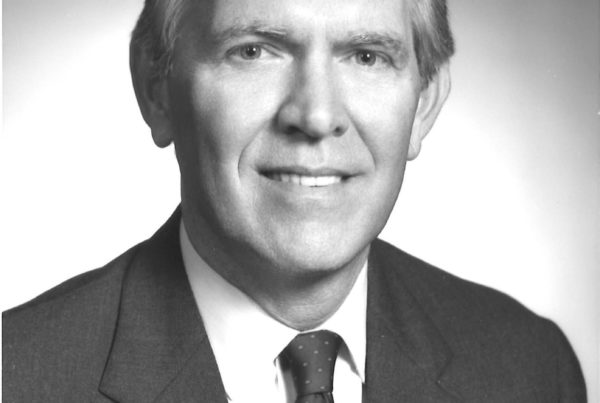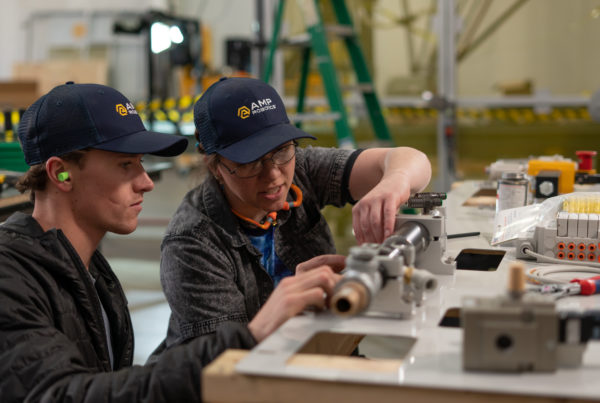ISRI Chair-Elect Brian Henesey’s Industry Opportunities Address
This week’s Industry Voices is an excerpt from ISRI Chair-Elect Brian Henesey’s Industry Opportunities Address, delivered on the final day of ISRI2021. Many of the programs available in ISRI2021 will remain available to convention registrants through May 20 on demand. The exhibit hall will remain open during that time as well.
If nothing else, ISRI2021 stands as an example of our trade association’s resilience, of our ability to adapt to changes in our world, and our talent for making something out of nothing. Adaptation is not a new concept for ISRI or the recycling industry. In fact, we are surrounded by people whose family connection to the scrap industry often began because of the need to adapt to world-changing events.
Immigrants to this country used push carts on the street to collect things discarded by homeowners. Scrappers faced with short metal supplies adapted to support their families by trading other goods. From muskrat pelts to burlap sacks, they did what they had to do to get through the day and on to tomorrow. That is the spirit that got us to this day. It’s the drive that has gotten us this far through the pandemic. And our ability to adapt is what will see us into the future tomorrow and in the decades to come.

One of the biggest reasons that I ran for a national leadership position at ISRI was because of challenges I became aware of through ISRI. When you participate in our governance process – which is, by the way open to all ISRI members – you gain a keen awareness of so many issues that impact what we do.
When it comes to public image, many in our industry have held the view that the best way to blend in was to stay low, to operate under the radar. Just do your job, pay your bills, and hope no one notices you. And for much of the last century, that worked, at least some of the time. But times have changed. They’ve changed a lot. Technology and the internet have turned everyone with a cell phone into an investigative reporter. In the last century, flying under the radar saved money. Today, it can cost you a fortune. In fact, the radar has improved to the point that we can’t operate under the radar anymore even if we wanted to do so.
Real-world incidents are showing the new power of instant communication. Citizen reporters are often the first to show us videos of today’s heroes and villains. Cell phones capture evidence and are sometimes even a vehicle for self-incrimination. The result of this expanded and instantaneous communication brings both drawbacks and rewards. But know this: it has removed a lot of shadows that some used to hide in. And it is helping the world draw conclusions about right and wrong, good and bad. Changes in technology and social values have led to a political and social shift that is having an impact like we’ve not seen in a generation or more. It is changing the way we live and work.
In today’s world, we as owners and operators of recycling facilities have more than just a responsibility to profits and shareholders. Our role as stakeholders in our world is far broader. Our decisions and our actions are relevant to our success and visible to our employees, our neighbors, and our governmental officials. We can no longer accept being judged by our least common denominator. We must accept both the honor and responsibility of our industry’s position in the manufacturing chain, in the quest for environmental responsibility, and in creating safe, clean, and supportive communities around our facilities.
ISRI and the recycling industry has a positive story to tell. Recycling is essential to environmental justice. And today, as the Biden administration shines a light on EJ, it is time for us to be a key part of that conversation. I’m not leery of this conversation. In fact, I welcome it. I know of this industry’s great work. But I also know we are often stakeholders for many reasons: for where we are located in communities not the least of them.
I am confident that, by engaging seriously and genuinely in ways to promote environmental justice in our communities, we will be lifting ourselves along with our neighbors. I am certain that the opportunities that will result will far outweigh the challenges that we may fear.
Folks, this is our time to shine. It is time for us to come out of the shadows and engage. And I am honored to be in a position to work with you to get there. Thank you for your time. Let’s keep working together.










